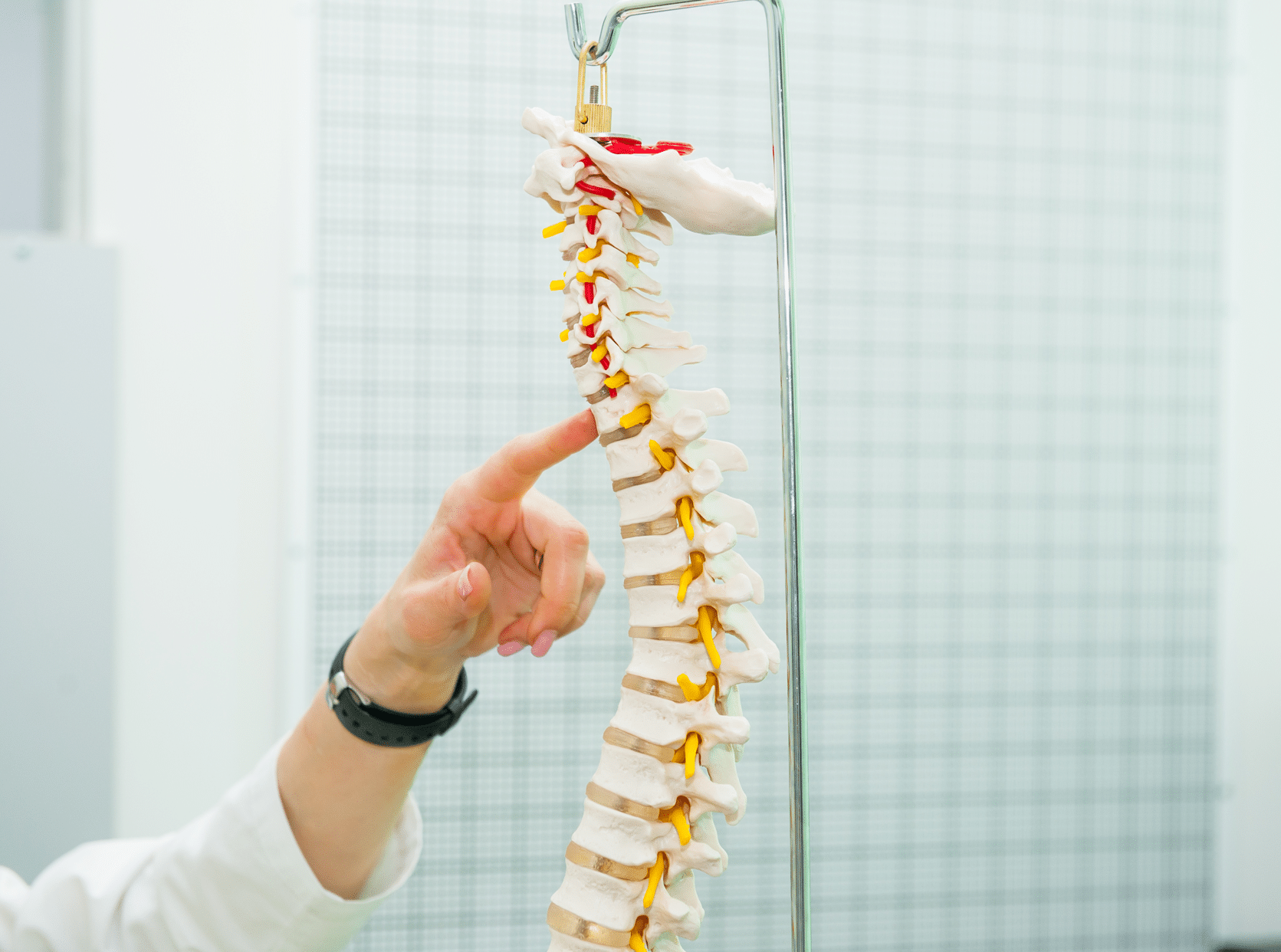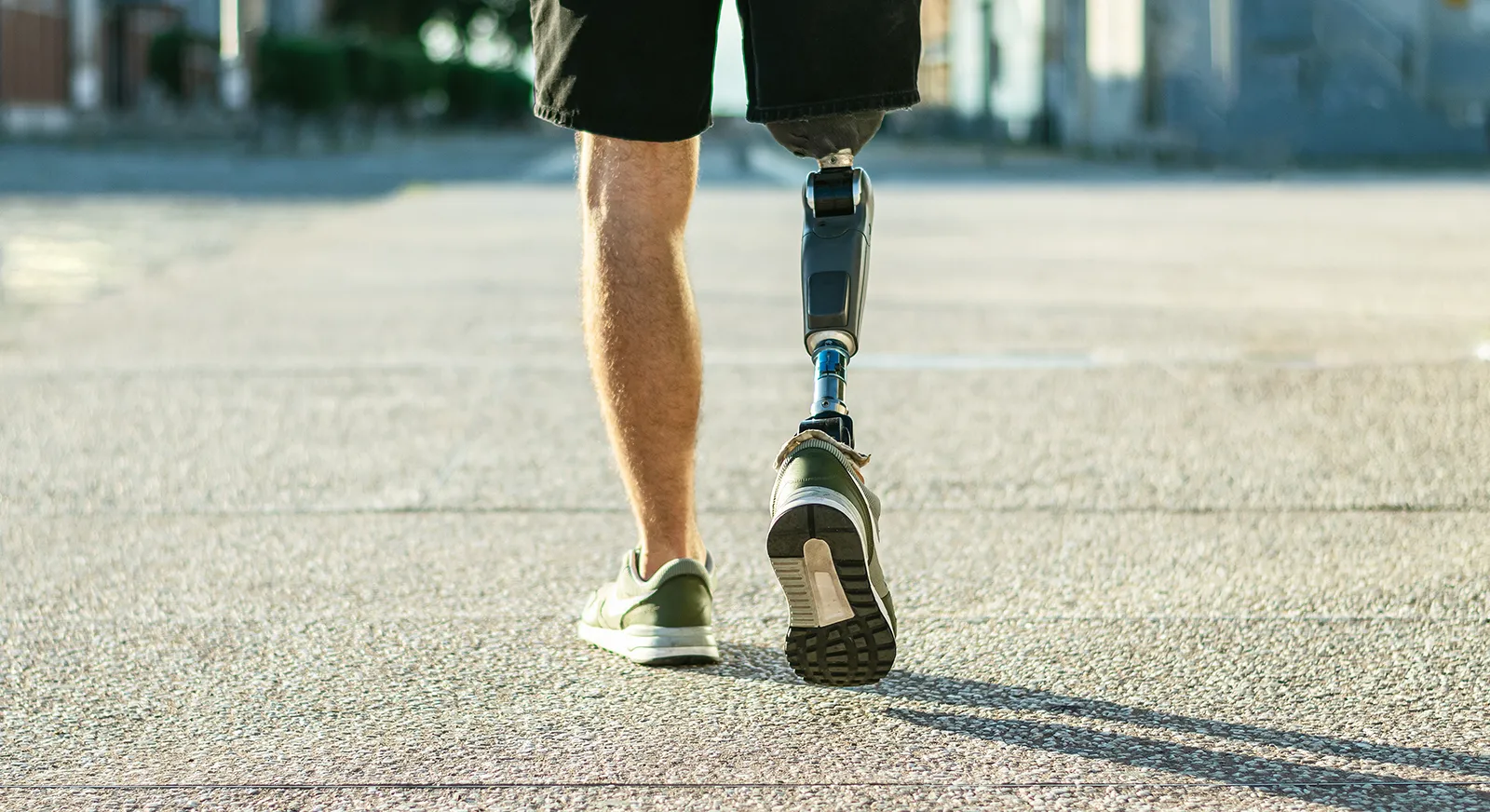Our brains are home to so much of what we are. They hold our ideas, our thoughts, our hopes, dreams, and fears. They colour our existence, managing how we perceive, process, and react to the world around us. And in holding our personalities and memories, they store the very essence of ourselves.
A brain injury can affect any and all of these crucial functions. And it makes them some of the most serious injuries it is possible to sustain, often with drastic and varied effects.
Traumatic brain injuries
Traumatic brain injuries occur when a force or impact to the head causes damage to the brain. This can occur even if the skull is not broken by the impact; sometimes the sudden forward-backward motion of the head can be enough to cause the brain to move inside the skull and damage brain tissues and blood vessels.
The areas of the brain affected can also vary greatly. The impact could cause damage to a specific area, or there might be multiple trauma sites spread out across the brain. In some kinds of traumatic brain injury, the forces involved can cause damage to the brain opposite to the point of impact, a result of the brain being jolted into contact with the inside of the skull.
Brain injuries can happen in all kinds of accident, but the situations in which they most commonly occur are:
- Road traffic accidents
- Falls from height
- Severe accidents at work
- Impacts from falling objects
- Assaults at work
- Other assaults and criminal injuries
- Sports injuries
Brain injury effects
The range of severe symptoms outlined below give an indication of just how debilitating and varied brain injuries can be. No two brain injuries will be the same.
There can also be differences as to how and when symptoms may appear. Sometimes the greater extent of injuries can be caused in the impact itself (usually referred to as a primary brain injury). But in other situations, the accident might set in motion a series of changes and reactions in the brain which mean symptoms manifest later (a secondary brain injury). For example, the impact may have damaged blood vessels to the brain which over time causes there to be an insufficient blood supply, resulting in further damage.
Moderate and severe traumatic brain injuries have also been linked with increased risks of developing further health conditions in the brain, such as dementia.
Even ‘mild’ traumatic brain injuries can have prolonged effects. In 2022, the Lancet Neurology Commission found that even though 90% of patients attending hospital with traumatic brain injuries had injuries classed as mild, around half of these patients had not recovered to pre-injury levels of health after 6 months.
At their most serious, brain injuries can result in paralysis, comas, traumatic epilepsy, or even death. Less severe injuries might cause headaches, dizziness, and nausea alongside any other complications.
Other brain injury effects can include:
- Problems with cognition and thought
- Loss of muscle control
- Impaired perception or senses
- Difficulties with communication and social situations
- Psychiatric effects and personality changes
Because each of these can cover a range of actual symptoms, we’ve broken them down with some examples below.
Problems with cognition and thought
- Confusion
- An inability to focus or concentrate
- Difficulty being able to understand things or solve problems
- Impaired judgment
- Memory loss (amnesia)
Loss of muscle control
- Paralysis
- Unsteadiness when standing or walking
- Difficulties coordinating movement
- Difficulty swallowing
- Loss of bladder or bowel control
Impaired perception or sensation
- Loss of one or more of the major senses – touch, smell, hearing, sight, taste
- Impaired vision, for example seeing double, or losing visual clarity
- Reduced spatial awareness
- Difficulty perceiving where limbs are in relation to the rest of the body
Difficulties with communication and social situations
- Problems speaking or understanding others
- Having difficulty forming sentences or remembering the right words
- Reduced ability to pick up on body language or other non-verbal cues
- Loss of inhibitions, which can lead to socially inappropriate behaviour
Psychiatric effects and personality changes
- Anxiety
- Low mood and depression
- Increased irritability
- Apathy
Getting legal advice and support
If you do seek legal assistance to claim for a brain injury that you or a loved one has suffered, it is crucial to find lawyers specialising in personal injury claims that will give your case the high level of attentive care it requires. Each brain injury claim should be treated as unique, because every person affected will have their own symptoms and life circumstances.
A compensation claim will be concerned mainly with the effects that the brain injury has had on you or your loved one’s life. Courts will look at any formal diagnosis as an indication of the brain injury’s severity, but it will be the symptoms themselves and the effect they have upon the quality and enjoyment of life that will have the greatest influence on the value of compensation.
If you have sadly lost a loved one to a brain injury sustained in an accident, there may also be legal avenues open to you. Our blog on fatal accidents and the kinds of compensation which may be available in the aftermath may be helpful.
Please do not hesitate to contact us if you would like expert advice.
Further Reading
From one of the UK’s most read legal blogs.










